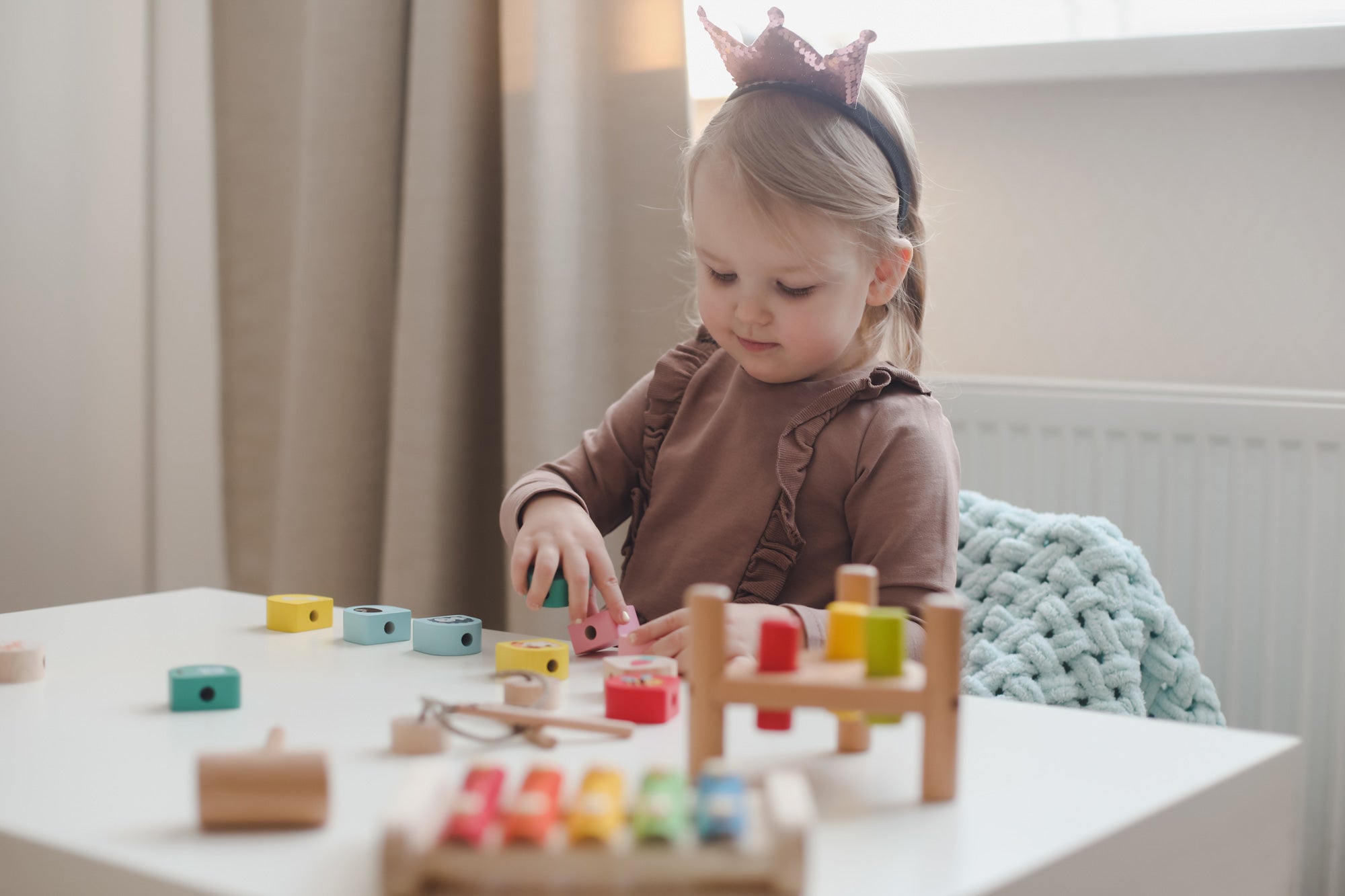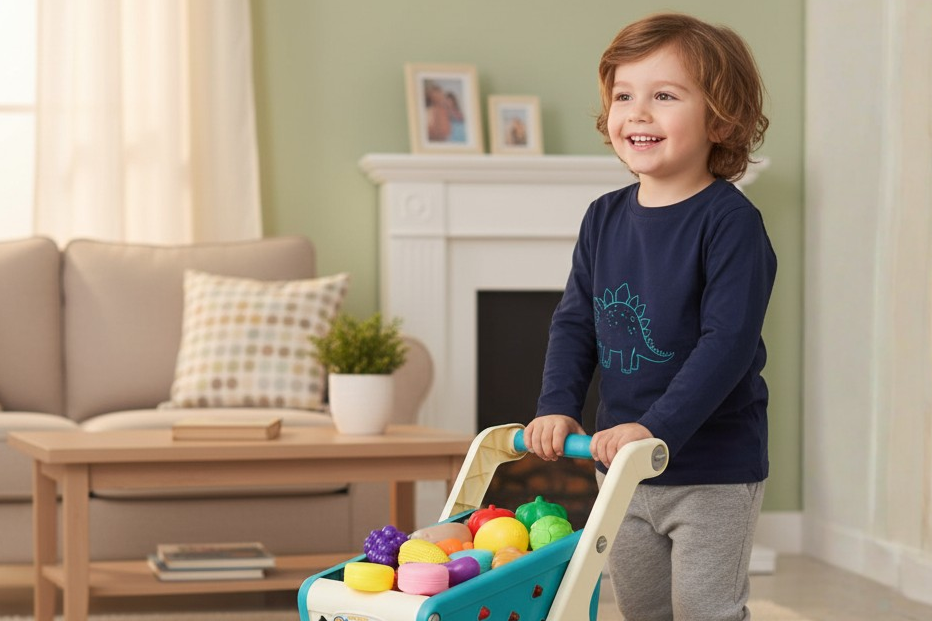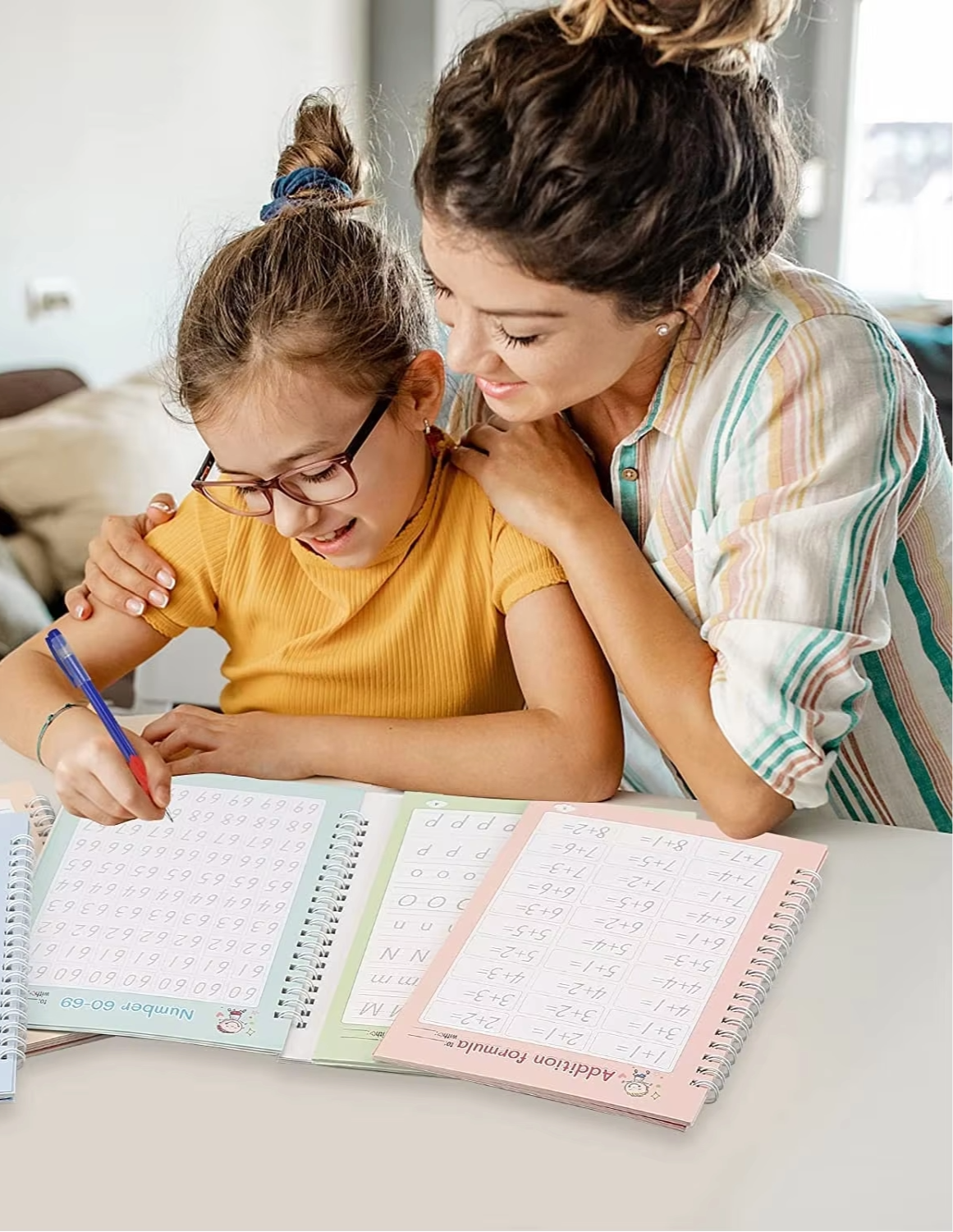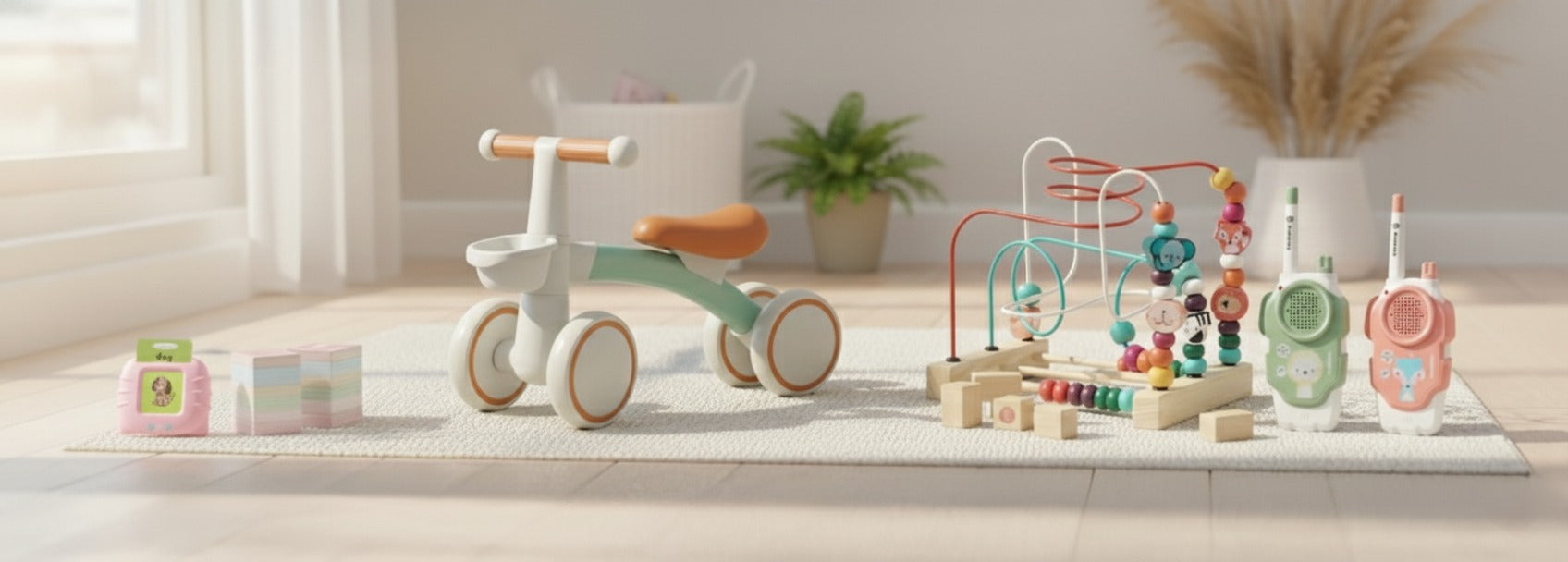What is
The Montessori Method
The Montessori Method
is A Revolutionary Approach to Education
The Montessori method is a groundbreaking educational approach developed by Dr. Maria Montessori, an Italian physician and educator. It emphasizes self-directed learning, discovery, and independence, contrasting sharply with traditional, teacher-led instructional methods.
This philosophy creates an environment where children thrive, learn at their own pace, and develop critical life skills early on. With decades of research supporting its efficacy, Montessori education has become one of the most sought-after methods for fostering children’s cognitive, social, and emotional development.

What is the Montessori method?
At its core, the Montessori method centers on the belief that children are naturally curious learners with an inherent desire to explore the world around them. Instead of imposing a rigid curriculum, Montessori education allows children to follow their interests and choose activities from a prepared environment rich in educational materials.
Educators, or "guides," play a critical role in this process. They carefully observe the child, introduce materials that align with their developmental needs, and provide support while fostering independence. This approach encourages children to take ownership of their learning and equips them with problem-solving, critical thinking, and decision-making skills from an early age. By addressing the cognitive, emotional, physical, and social aspects of development, Montessori education nurtures well-rounded individuals who are confident, enthusiastic, and self-directed learners.

The History of the Montessori Method
The Montessori method traces its roots back to 1907, when Dr. Maria Montessori established her first classroom, Casa dei Bambini (Children's House), in Rome. Initially working with underprivileged children, she noticed that traditional teaching methods often stifled their curiosity and natural potential.
Drawing on her medical background and research in child development, Dr. Montessori designed a new approach that emphasized hands-on learning, freedom within limits, and a carefully curated environment. The results were remarkable—children under her guidance displayed extraordinary focus, creativity, and a newfound love for learning.
The Montessori method quickly gained global recognition, with schools adopting her principles in countries like the Netherlands, England, India, and the United States. Today, there are over 20,000 Montessori schools worldwide, catering to children of all ages and backgrounds.
7 Core Principles of the Montessori Method
Free Choice
Montessori education gives children the freedom to choose their learning activities, fostering a sense of responsibility and independence. While this freedom is structured within boundaries, it allows children to explore their interests and develop self-discipline.
Order
The organization of the learning environment is vital in Montessori education. Classrooms are designed to be orderly and predictable, helping children feel secure and focused while engaging in purposeful activities.
Interest
Children are more engaged and motivated when learning about topics that genuinely interest them. Montessori classrooms encourage this by offering a wide range of materials and activities that spark curiosity and enthusiasm.
Movement
Active engagement with the environment is central to the Montessori method. By moving, touching, and manipulating objects, children deepen their understanding and develop fine motor skills alongside cognitive growth.
Context
Learning in Montessori settings is rooted in real-world contexts and hands-on experiences. Unlike traditional methods that emphasize rote memorization, Montessori education encourages children to learn through exploration and problem-solving.
Learning From Peers
Montessori classrooms often have mixed-age groups, allowing younger children to learn from older peers and older children to reinforce their knowledge by teaching others. This collaborative environment fosters empathy, communication, and social skills.
Teacher's Guidance
Montessori educators act as facilitators, observing each child's progress and offering tailored guidance. They create an environment where children feel supported yet free to explore and learn at their own pace.
The Montessori Method in Schools
Montessori schools in the US
Students served
Years of proven success
Since its humble beginnings in a single classroom, the Montessori method has evolved into a global educational movement. Today, thousands of schools worldwide implement Montessori principles to nurture children's academic and personal growth.
The success of Montessori education lies in its holistic and child-centered approach. By fostering curiosity, independence, and a love for learning, it equips children with the skills they need to thrive in the modern world.
How to Apply the Montessori Method at Home
Discover practical ways to incorporate Montessori principles into your daily routine and create a nurturing learning environment for your child.
Encourage Independence
Encourage your child to take responsibility for age-appropriate tasks, such as tidying up toys, pouring water, or setting the table. This fosters independence and builds confidence in their abilities.
Provide Learning Materials
Provide your child with tools and materials that inspire exploration and learning. Montessori toys, books, and puzzles are excellent for promoting creativity and critical thinking.
Model Positive Behavior
Children often imitate the behaviors of adults around them. Model positive habits, such as reading, organizing, and problem-solving, to inspire your child to adopt similar practices.
Create a Prepared Environment
Design your child's playroom or learning area with Montessori principles in mind. Arrange materials on low shelves for easy access, and include toys and tools that encourage hands-on exploration and creativity.
Organize Thoughtfully
Make it easy for your child to develop good habits by organizing their environment thoughtfully. Place books, building blocks, and educational tools within reach, while limiting access to screens and other distractions.
Follow the Child's Lead
Observe your child's interests and natural curiosity. Allow them to guide their own learning journey by choosing activities that captivate them, fostering a love for discovery and self-directed exploration.
Is the Montessori Method Effective?
Numerous studies and real-world success stories highlight the effectiveness of Montessori education. Research shows that Montessori-educated children often excel in academic performance, social skills, and emotional resilience.
Many influential figures credit their Montessori upbringing for shaping their creativity, independence, and problem-solving abilities. Notable Montessori alumni include:
Jeff Bezos
Founder of Amazon
Larry Page & Sergey Brin
Co-founders of Google
Anne Frank
Renowned diarist
George Clooney
Academy Award-winning actor
Julia Child
Famous chef and author
These examples underscore the profound impact Montessori education can have on a child's lifelong success.

How Montessori Toys Support Your Child’s Development
Montessori toys are a cornerstone of the Montessori method, designed to foster creativity, critical thinking, and independence. Unlike traditional toys, Montessori materials are crafted with a purpose—to engage your child’s senses, spark curiosity, and develop essential life skills. These toys are age-appropriate, encouraging hands-on learning and exploration while aligning with your child’s developmental milestones.
For instance, toys for infants, such as grasping beads and sensory balls, promote fine motor skills and sensory development. As your child grows, toys like stacking blocks, puzzles, and shape sorters encourage problem-solving, spatial awareness, and hand-eye coordination. For preschoolers and older children, Montessori toys focus on more advanced skills like math, language, and logic, preparing them for academic success in later years.
Beyond the developmental benefits, Montessori toys also inspire a love for learning. They empower children to take charge of their play, teaching them to focus, persevere, and think independently. This kind of play instills a sense of achievement and confidence, laying a strong foundation for future challenges in school and beyond.
Investing inMontessori toysisn’t just about keeping your child entertained; it’s about giving them the tools to explore their potential. By providing high-quality, purposeful toys, you create a learning environment that nurtures curiosity and growth. At Tiny Learns, we offer a wide range of Montessori-inspired products designed to meet the unique needs of your child at every stage of their development.
Ready to help your child thrive? Explore our collection of Montessori toys and educational materials to create a home environment where learning feels like play. With the right tools, your child will develop skills that last a lifetime. Visit our shop today and take the first step toward unlocking your child’s true potential.

Why Parents Choose Montessori Products for Their Children
Montessori products go beyond traditional educational tools by providing children with an enriching, hands-on experience that fosters growth, independence, and creativity. These products are carefully designed to meet the developmental needs of children at every stage, from infancy to early adolescence. By investing in Montessori materials, you’re not just buying toys or tools—you’re cultivating a learning environment that helps children thrive.
One of the key reasons parents choose Montessori products is their focus on practical life skills. Activities such as pouring, sorting, or threading beads mimic real-world tasks, empowering children to gain confidence in their abilities. This emphasis on life skills sets children up for success, teaching them responsibility and problem-solving from a young age.
Additionally, Montessori products are crafted to promote focus and engagement. They are often made from natural materials like wood and are designed to be aesthetically pleasing and simple, helping children concentrate without unnecessary distractions. These qualities align with the Montessori philosophy of letting children work at their own pace, giving them a sense of accomplishment as they master each activity.
For parents who value screen-free play, Montessori products are a game-changer. They encourage hands-on interaction and allow children to explore and experiment in a way that digital tools cannot. Whether it’s building with blocks, exploring math concepts with counting beads, or developing language skills with tactile alphabet sets, Montessori products promote active, purposeful learning.
Parents who embrace Montessori education at home also find that these tools make the transition to school environments seamless. They install foundational skills like patience, concentration, and independence, ensuring children are well-prepared for classroom settings.
By choosing Montessori products, you’re not just purchasing educational materials—you’re investing in your child’s future. Explore our collection today and see how Montessori can help unlock your child’s full potential.
Conclusion
The Montessori method continues to transform education by focusing on the unique potential of every child. Its emphasis on independence, discovery, and hands-on learning prepares children for success in an ever-changing world.
Whether in a classroom or at home, integrating Montessori principles can help unlock your child's full potential, setting them on a path toward lifelong learning and growth.

